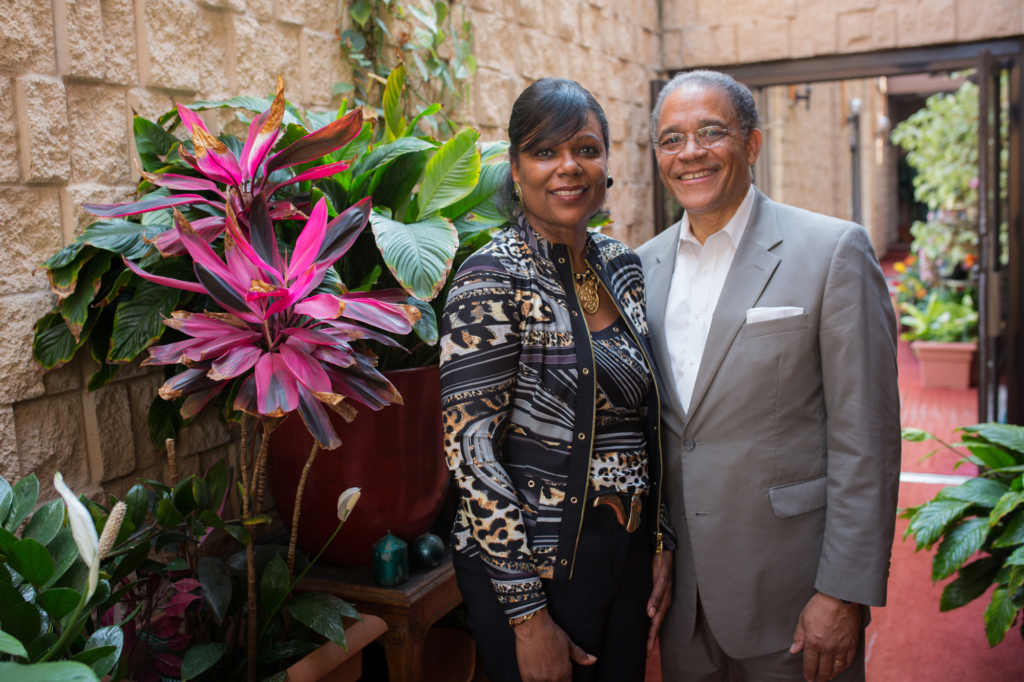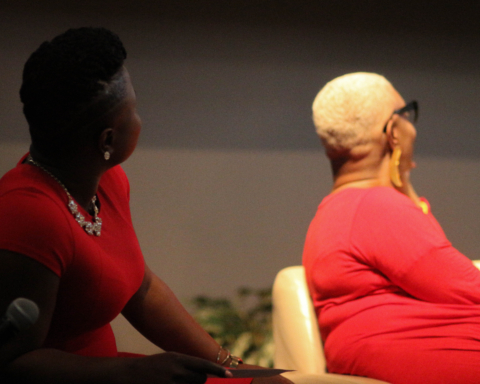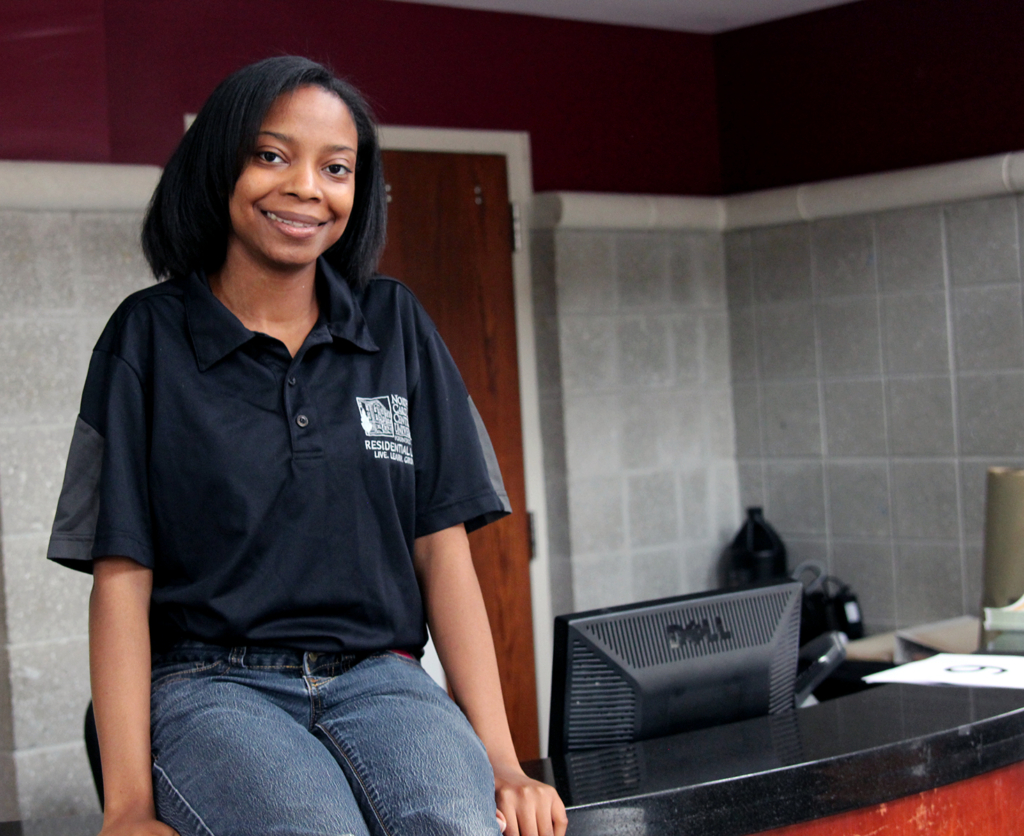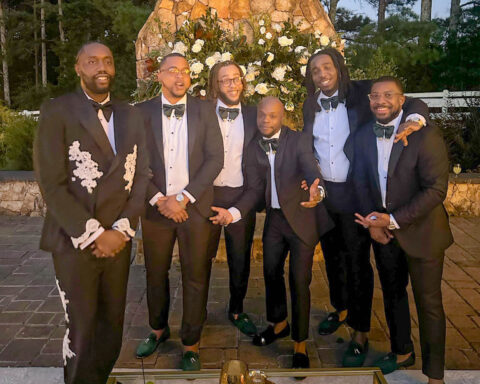Death is something most of us try not to think about. It’s thrown in front of our faces when it’s in the news or when a loved one dies. The rest of the time, it’s tucked away neatly in the deepest corner of our mind.
Grover C. Burthey Jr. doesn’t have that luxury. He’s a mortician, and death is a business to him—a family business.
Businesses like his- small, black-owned, family businesses- have traditionally played an important role in their communities over the course of history. But today, they face a challenge.
His father, (you guessed it) Grover C. Burthey Sr., founded Burthey Funeral Services on Fayetteville Road 70 years ago, when he finished embalming school.
As an African American owned business, the funeral home has had a special relationship with the community, Burthey Jr. explained. Obviously, it took care of those who had passed away. But you might be surprised how much of an impact a funeral home can have on the living.
According to Burthey Jr., it’s not uncommon for funeral homes to be third and fourth generation family businesses. That’s because unlike other businesses, funeral homes are a necessity, so they always have a presence in the community, he explained.
This strong community bond, coupled with the fact that both Burthey and his father hold law degrees, helped the funeral home become a place where community activism could take place.
“Often times, the funeral homes were places where meetings were held, where racial information was discussed openly and freely,” Burthey Jr. said. “Many times, black undertakers all over the country were involved in politics due to their status in the community.”
An only child, Burthey Jr. said he thought it was “only natural” that he join his father in the family business when he came of age. He graduated embalming school in 1974, and went on to complete a law degree at UNC Chapel Hill.
In 1996, Burthey Jr. would have the opportunity to assume the manager role, but it was bittersweet.
Embalming, sometimes referred to as an art form, is a task that requires precision and accuracy. His father’s eyesight was failing him. So in the best interest of the business, Burthey Jr. took over the embalming process. His wife, Pamela, who got her funeral license in 1986, took control of management.
Burthey Jr. now holds the reigns of a business that, thanks to nationwide trends, is at a crossroads. Reports show that large chain funeral homes may be the undertaker for these small businesses.
According to marketplace.org, some people are calling larger funeral services in other states and even across the country instead of consulting their local funeral home. And, the percentage of students in mortician schools who were black dropped from 27 to 15 percent between 2007 and 2014.
Staggering? You bet. But statistical trends such as these don’t seem to intimidate the Burthey’s.
“A lot more funeral homes are becoming more corporate, which calls for more organization from black owned family funeral businesses,” Burthey Jr. explained. “The funeral business must always progress and adapt to the times.”
Will this be the end for a business with such a rich history, one that has displayed community involvement during tough times? Only time will tell. But for now, the future appears bright for Burthey Funeral Services. They are performing upwards of 75 funeral every year, Burthey Jr. said.
Story by Tekeara Madlock and Evan Owens


















